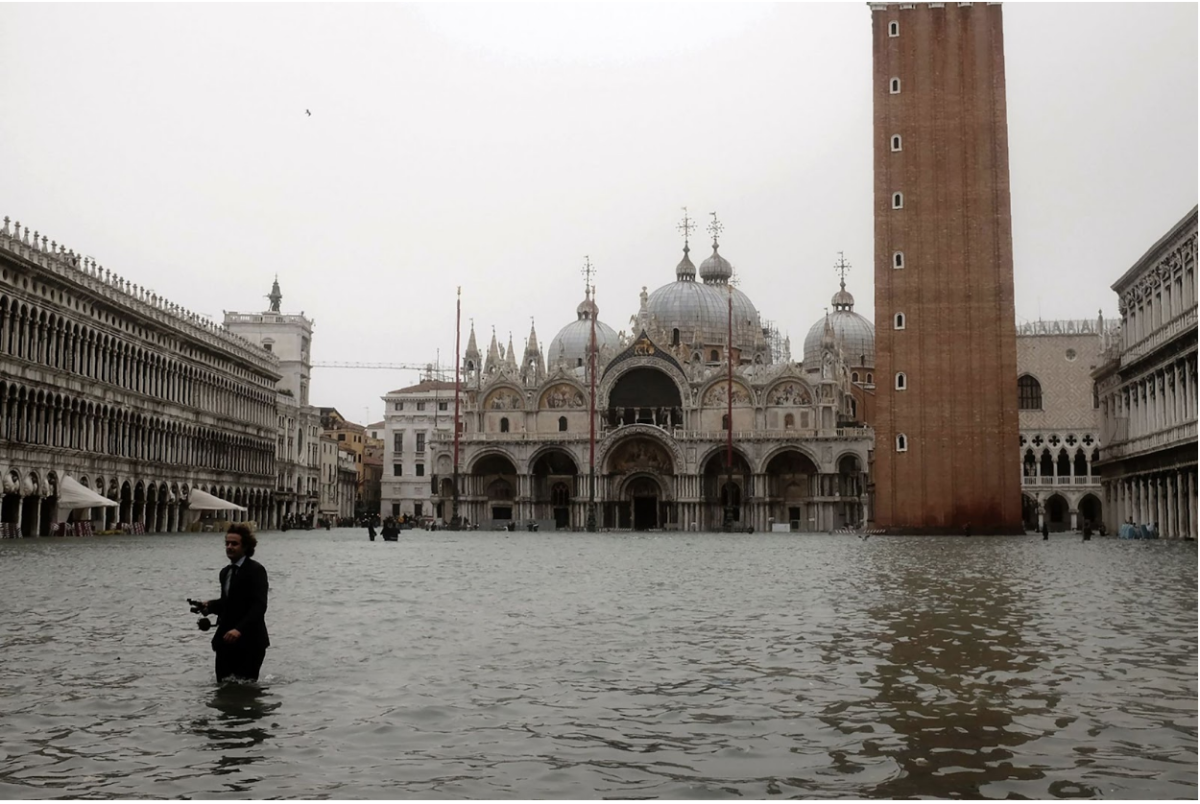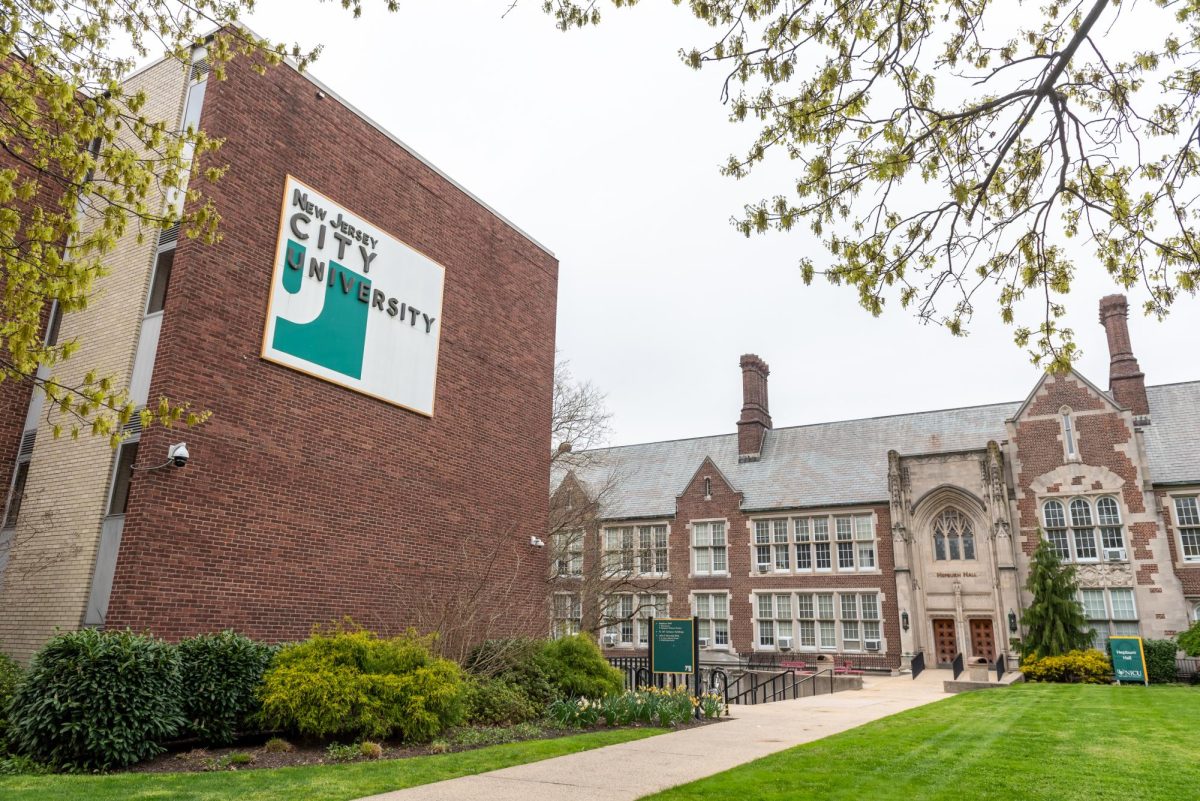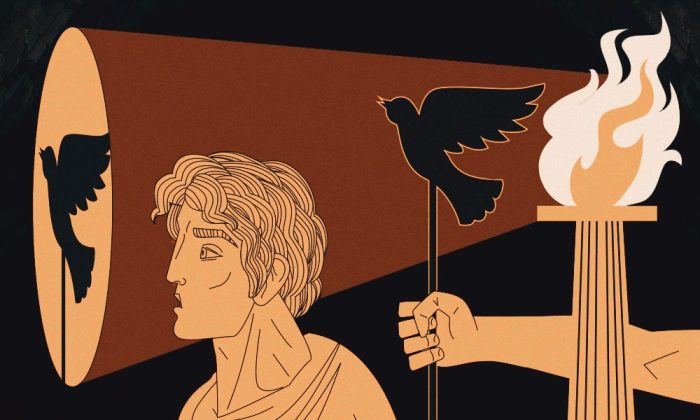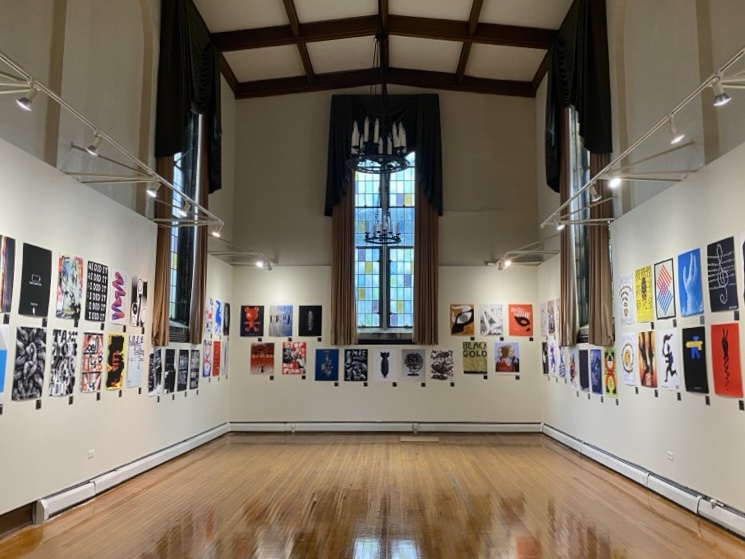NJCU community impartial toward legal sports betting

By Steven Rodas
While New Jersey recently tackled the issue of the legalization of sports betting, the majority of the NJCU community doesn’t feel the court’s decision will have a concrete impact on them.
“I don’t gamble so it really wouldn’t affect me,” said Jamal Price, 21-year-old psychology major from Jersey City. “ In general, I feel neutral towards the subject and how it would affect the community.”
Other students feel similarly.
“I think it would be both positive and negative but honestly I don’t even watch sports that frequently. Besides, I’m bad luck,” said 21-year-old journalism major, Aia Khiry, from Jersey City.
On February 12 of this year, Governor Chris Christie and the State Attorney General’s office filed an appeal to the U.S. Supreme Court declaring that a federal ban on sports betting, which applies to all but four states, is unconstitutional.
Khiry explained that the legality of sports betting isn’t particular familiar to New Jersey residents since the federal law has been enacted for 22 years.
“If [sports’ betting] were legal, I think people would have to get used to it first and that might mean people would lose a lot of money,” said Khiry.
After federal panels ruled against the state, NJ appealed to the nation’s highest court and asked to consider two questions: Does the Professional and Amateur Sports Act violate the 10th amendment? And, does granting permission to only four states (Delaware, Montana, Nevada and Oregon) to conduct sports betting violate the principal of equal sovereignty?
Meanwhile, the NJCU community was merely posed one question: What affect do you think the legalization of sports betting would have on the community?
“I don’t really have a problem with sports betting because it’s not something I engage in,” said 24 year-old journalism major from Bayonne David Mosca. “At the same time I can see how, if people aren’t responsible, it would be damaging towards the community.”
New Jersey is currently suing the three major sports leagues, which support the ban, including: Major League Baseball, the National Football League, and the National Basketball Association. The professional sports leagues believe state-sanctioned betting would compromise the integrity of the games.
Some members of the community also believe that lifting the ban would hinder the aesthetic of watching a sporting event.
“I don’t bet but some of my friends do and I disagree with it altogether,” said David P. from Bayonne, a security officer at NJCU, who asked to not be identified further.
“Personally I feel sports betting takes away from meeting with friends to watch a game and have a good time.”













